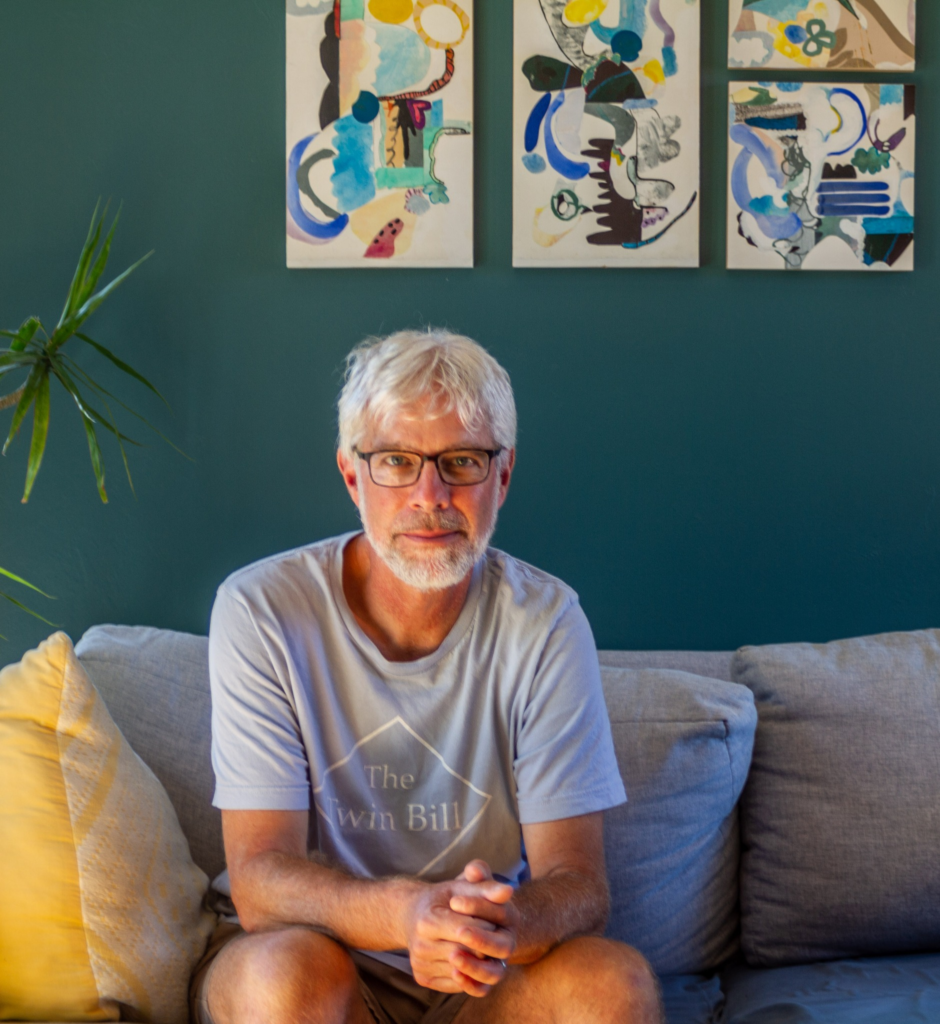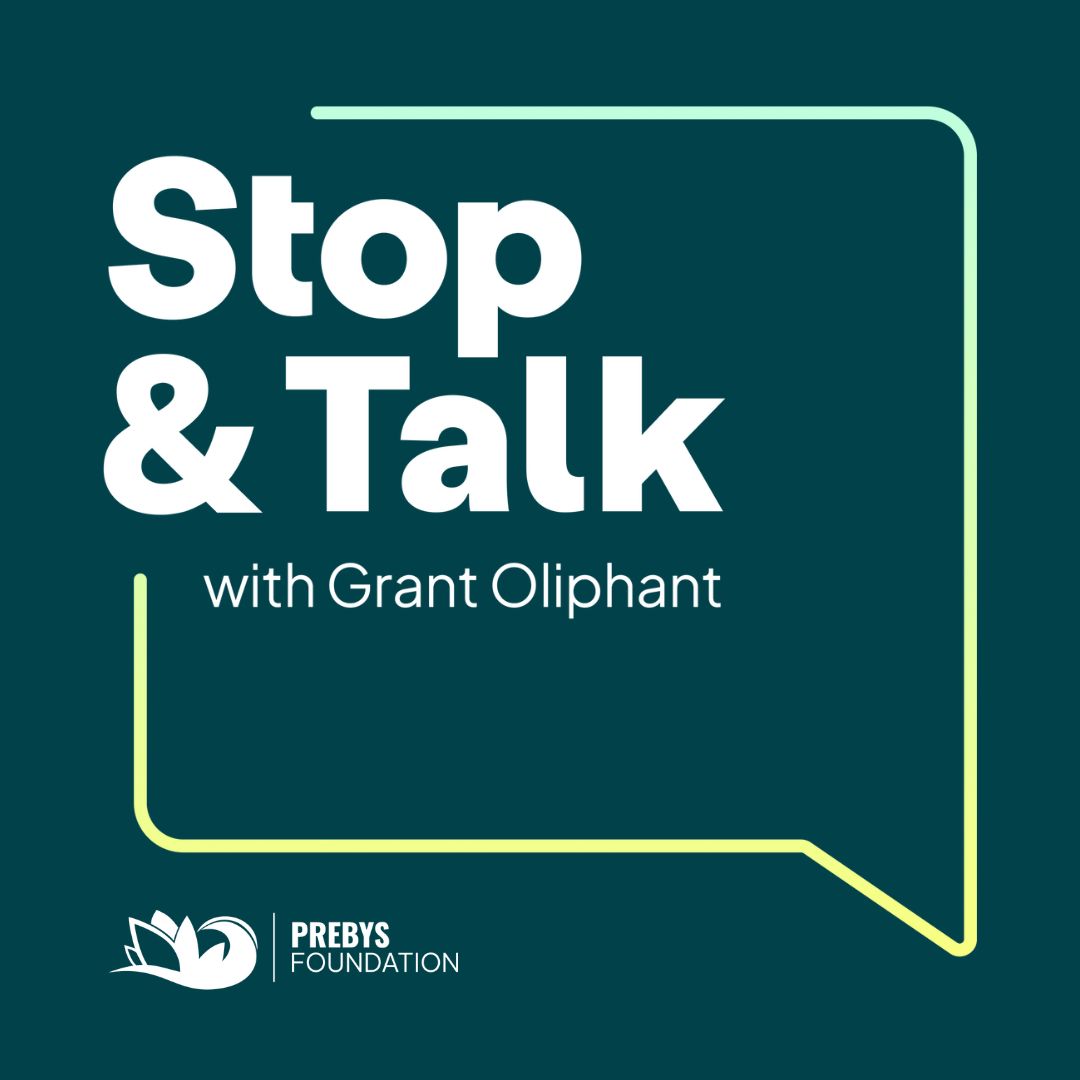With Grant Oliphant and Crystal Page Fri 8am
Today’s Guest is Amina Sheik Mohamed
Amina Sheik Mohamed is a dedicated advocate for health equity and cultural inclusivity. Her incredible work led her to be awarded one of Prebys Foundation’s inaugural Leadership Awards. As the Founder and Director of the Refugee Health Unit at UC San Diego, Amina has been instrumental in championing initiatives that empower immigrant communities in San Diego County. In this episode, she joins host Grant Oliphant to explore the intricate connections between community health and cultural identity.
Amina is committed to improving positive health outcomes for the refugee community in San Diego by promoting health equity and making sure that community members have a voice in how their needs are met. She shares her experiences in developing collaborative programs that not only address immediate health needs but also foster long-term well-being and agency. Amina emphasizes the importance of trust and relationship-building in healthcare, advocating for systems that genuinely reflect the needs and values of the communities they serve.
This episode examines how we can bridge gaps in healthcare access through cultural competence and community engagement. Learn how Amina Sheik Mohamed is leading efforts to create a healthier, more inclusive future in San Diego County.
Join Grant Oliphant and Crystal Page as they sit down to explore the vibrant and evolving landscape of San Diego County, through the lens of the Prebys Foundation’s mission and vision. In Stop & Talk, Grant and Crystal engage in thought-provoking conversations with local leaders, changemakers, and community builders who are passionate about creating a more inclusive, purposeful, and opportunity-rich San Diego
Each episode offers an inside look into the foundation’s journey, discoveries, and partnerships while highlighting the work being done to cultivate belonging and drive positive change across the region. Whether it’s amplifying the voices of upcoming leaders or fostering collaborative solutions to the region’s most pressing challenges, Stop & Talk is your go-to space for inspiration and insight on what’s possible when people come together with intention and vision.
https://stopandtalkpodcast.com








